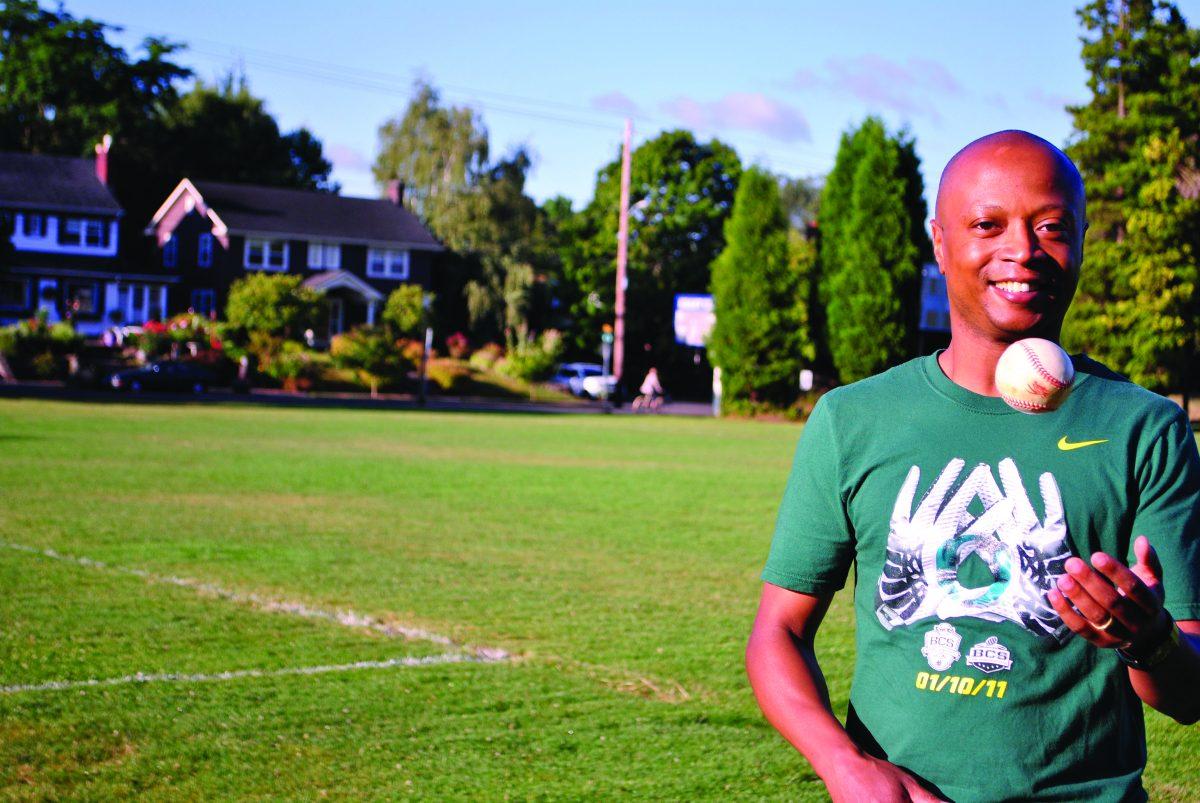A lot of students start the school year with high expectations. They make goals to get more organized. They pledge to balance extra-curricular activities with schoolwork. They commit to their parents to earn a higher GPA. Best school year yet, some even say.
With a clean slate of new classes, new teachers and a new grade book to fill, everyone has the opportunity to make a change for the better. Those who are mindful of their progress can get where they want to be in school by considering these tips from a panel of Grant counselors.
Megan Schlicker, Tearale Triplett and Liz Mahlum say it’s easy to do well in high school if you’re willing to work hard.
Staying Organized
A lot of students say they don’t use a planner, but Triplett warns that some sort of calendar is absolutely necessary. Some form of keeping track of short and long-term projects and homework can really save you.
In this age of texting and Twitter, using your phone works, too. Commit to an organization style for a while before you give it up.
“Text yourself your assignments,” Triplett says. “Your phone is something that you’ll have with you at all times, and that’s why it works so well for so many young people.”
Liz Malhum encourages students to find classes that make you want to be there. “You should pick a class that you are interested in, and one where you can improve by at least one letter grade,” she says.
Triplett advises going into class wanting to prove something. “Go knowing that you technically have an A and it’s your A to lose. That’s the glass is half full perspective,” he says.
Read assignments carefully, follow through on projects, meet deadlines and prepare for tests. Setting goals and saying them out loud can help keep your priorities straight, says Schlicker. “If your goal is to get an A in Mr. Peterson’s English, say to Mr. Peterson: ‘I want to get an A.’ Ask them what you can do to accomplish that.”
Busy schedules after school make it hard for many students to keep up with schoolwork. “Think about the number of classes and their level of difficulty,” Triplett says. “It’s very important for your mental health to have a balance of either athletics or some sort of activity or club.”
Malhum reminds us that the quality of your participation is more important than the quantity. “When you do something that is quality work or your participation is at a quality level, that means that you are passionate about it and that doing it comes easily for you, and is a priority,” she says.
At the beginning of the year, keeping a good mindset is vital. If you make a mistake, don’t give up on your goals. One bad grade isn’t the end.
“A good skill in growing up is reaching out for help. Self-advocacy is really an important part of the new school year,” says Schlicker.
“Ask a teacher at the first sign of discomfort, uncertainty,” says Malhum. “And don’t be ashamed. Sometimes, the smallest confusion can grow into a very large problem if left unattended.”
Don’t let chances to connect with a teacher go. The opportunity presents itself every day. Teachers are interested in students who care. Don’t put yourself into a position to let things slide. After all, “In school, we get a New Year’s resolution twice a year,” Schlicker says.

































